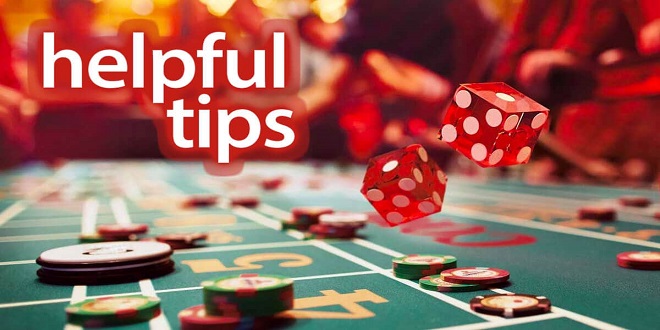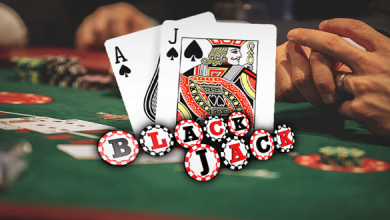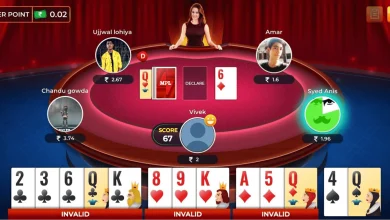Minding Your Gambling Manners

Dressing (And Acting) the Part
James Bond sported a tuxedo. The Rat Pack wore ties and fedoras as they roamed the Vegas Strip. And a woman wouldn’t be seen at the roulette table without her flashiest sequin-and-gem outfit.
True, the traditional dress code for casinos is more akin to a night at the opera than a day at the track (and I’m not talking about the Kentucky Derby, where you see plenty of high fashion). Traditional players dress to the nines, pulling out their formal evening wear. However, today’s modern dress code means that you’re more likely to see T-shirts, tank tops, and flip-flops. Although overseas casinos may make more sartorial demands on gamblers, most Vegas casinos, riverboats, cruise ships, and Indian reservation casinos are far more casual and tolerant of the clientele’s new fashion informality.
Dressing up for evenings
The casino landscape often changes at night, especially on the weekends in the more prominent resorts and cruise ships. In the evening, you’re bound to see more formal wear as people are moving to and from nightclubs, shows, and the gaming tables themselves. Add to that the array of high-end restaurants available in Vegas, Atlantic City, and other destinations, and you’ll likely come across some sharply dressed ladies and gentlemen.
Smoking permitted (sometimes)
In contrast to almost every public venue, most casinos allow smoking throughout their many public areas and offer only token nonsmoking arenas. For many gamblers, their entire casino experience depends on the ability to puff while playing. If you’re in that camp, you’ll find yourself among friends virtually everywhere you go in a casino. However, you should always check first before you light up, just in case you stumble across a nonsmoking table game or find yourself in a smoke-free section of the casino. You can also show good manners by asking other players at the table if they mind your firing up a cig or stogie.
Playing Well with Others: Minding Your Table Manners
Most of your interaction with other players comes within the context of the games themselves. So whether you’re playing poker, blackjack, baccarat, or roulette, you want to know how to play the game, and you want to have an understanding of the house rules that dictate your conduct before, during, and after the game. House rules help ensure respect and sensitivity to all participating players and protect against cheating.
Thou shall not touch and other table commandments.
In many games, what you can do with your hands (the ones on the end of your arms, not the ones made of playing cards) is strictly defined, and the reason is simple: The casino wants to minimize your opportunity to disrupt the game or, worse, cheat. You can discover the protocol of specific games in the respective chapters of this book, but for now, be aware that casinos are very sensitive about how you handle all gaming material, such as chips, cards, or dice.
Giving Gratuities to Dealers and Others
Tipping is tricky for gamblers to the stomach and for gambling authors to write about. For years, blackjack was my business, and every dollar I tipped eroded the slim edge I held as a card counter. Too many tips and I could quickly turn my winning profession into a losing venture.
Most people, however, don’t view the casino as their office or gambling as their livelihood. Instead, most people view gaming as a form of entertainment. And just as you tip a restaurant server, valet, coat-check assistant, or cashier at your favorite coffee shop, offering gratuities to the service staff you encounter in the casino is customary.
Summary
Cheating in casinos is a subject worthy of its book because it has a long and not-so-distinguished history. But as a novice casino visitor, you need to understand some basic facts about the subject and how it affects you. With so much money flowing, casinos are an inevitable target for cheats. But put your mind at ease because the casino virtually can’t cheat you. Gaming commissions and competition ensure fair games these days, and besides that, casinos don’t have to cheat. Instead, probability theory guarantees them long-term profits on the fun.
Nevertheless, some cheating still goes on from both sides of the table, just not in the way you may think. Casinos catch dealers cheating occasionally, but the dealers’ targets are rarely the gamblers at their tables. Instead, the few dishonest dealers trick the casino by palming chips, overpaying an accomplice, or using a similar technique.




